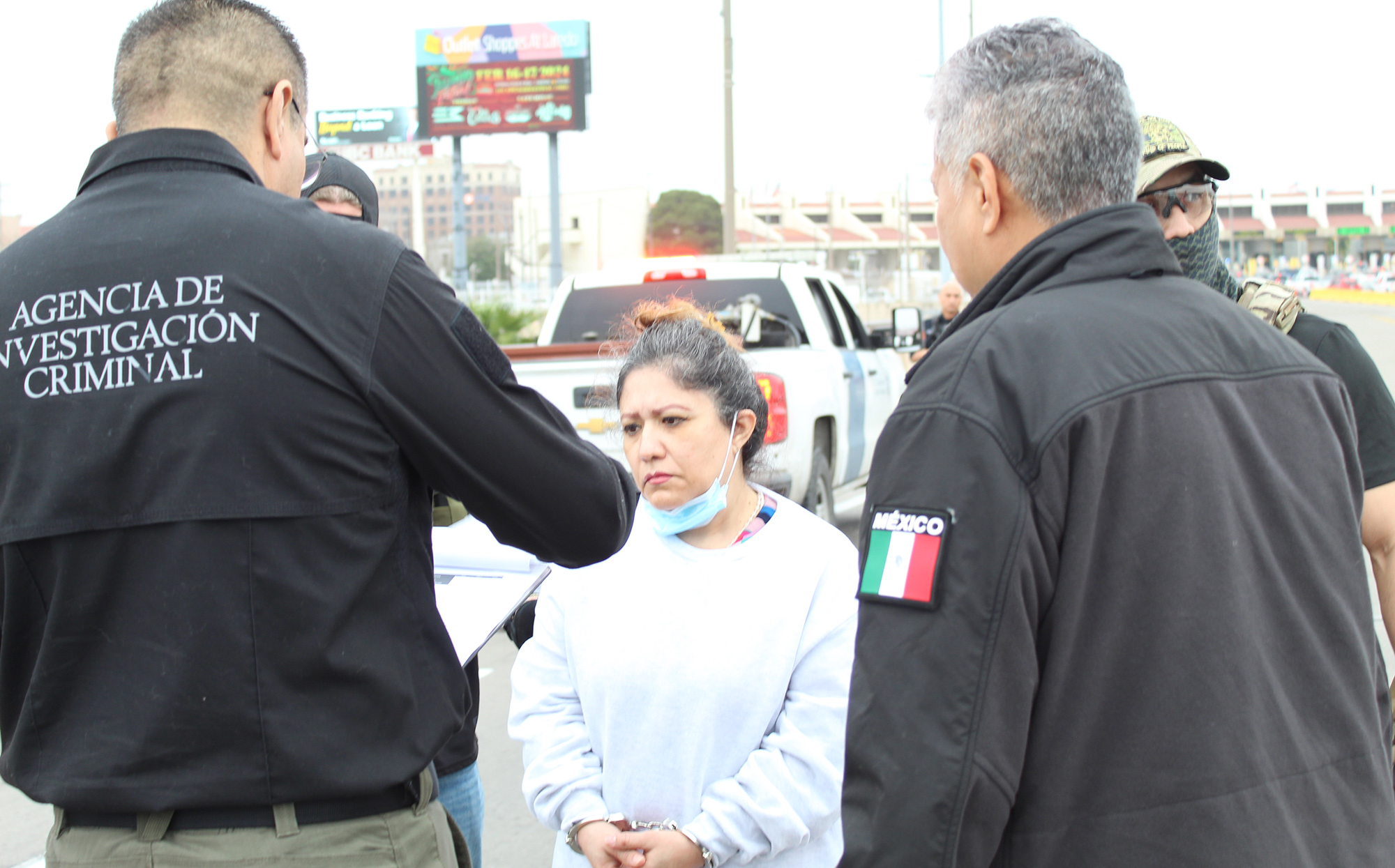United States officials, along with Estonian Secretary General Tõnis Saar, announced an agreement today to transfer nearly $500,000 to Estonian authorities.
The funds, forfeited by the United States following a Homeland Security Investigations (HSI) counterproliferation investigation, were part of an illegal procurement network’s attempt to import a high-precision, U.S.-origin machine tool into Russia. This machine tool has applications in defense and nuclear proliferation sectors.
Additionally, a Latvian citizen charged in connection with the procurement scheme pleaded guilty to violating U.S. export laws on Wednesday, Feb. 14.

This transfer marks the first of its kind from the United States to a foreign ally, specifically for aiding Ukraine. It is also the second time that confiscated Russian assets, made available by the Justice Department’s Task Force KleptoCapture, are being used to support Ukraine.
Last year, $5.4 million in forfeited funds were provided to the State Department for the support of Ukrainian war veterans. The funds are being transferred to Estonia as current authorities do not allow for a direct transfer to Ukraine.
Estonia will utilize the funds for a project aimed at expediting damage assessments and critical repairs to the Ukrainian electrical distribution and transmission system, which has been targeted by Russian forces.
Deputy Attorney General Lisa Monaco, who signed the transfer agreement on behalf of the United States, stated, “Today’s announcement demonstrates the unwavering resolve of the United States and our Estonian partners to cut off President Putin’s access to the western technologies he relies on to wage an illegal war against Ukraine.”
Secretary General Tõnis Saar of the Estonian Ministry of Justice emphasized the importance of prosecuting sanctioned crimes and redirecting illegal income to victims like Ukraine. He expressed hope that this agreement sets a new standard for handling sanctioned crimes in other countries.
Executive Associate Director Katrina W. Berger of HSI praised the joint investigation into the smuggling network, highlighting its importance in preventing illegal shipments of military materials.
Assistant Attorney General Matthew G. Olsen of the Justice Department’s National Security Division emphasized the ongoing efforts to hold Russia accountable and support Ukraine.
Task Force KleptoCapture Co-Director Michael Khoo stated that the funds provided to Estonia will help in evaluating and prioritizing urgent repairs to Ukraine’s electrical infrastructure.
The agreement between the United States and Estonia underscores their joint commitment to enforce export control regimes and use confiscated criminal proceeds to aid Ukraine.
In March 2023, an HSI investigation resulted in the forfeiture of $484,696 linked to the attempted smuggling of a dual-use export-controlled item to Russia. The item, a jig grinder, requires a license for export and reexport to Russia due to its potential application in nuclear proliferation and defense programs.
In addition to the forfeiture, multiple individuals and companies involved in the smuggling network were charged. Latvian national Vadims Ananics, 47, pleaded guilty to conspiracy to violate the Export Control Reform Act for his role in attempting to smuggle a jig grinder from Connecticut to Russia.
Ananics faces a maximum penalty of five years in prison and awaits sentencing. The investigation was a collaborative effort involving HSI Field Offices, the U.S. Department of Commerce’s Office of Export Enforcement, and the FBI, among others.
The Task Force KleptoCapture coordinated the investigation, demonstrating a commitment to enforcing sanctions and export controls against Russia.
HSI continues to be at the forefront of preventing the illicit export and transfer of sensitive military and dual-purpose technology and defense articles.


